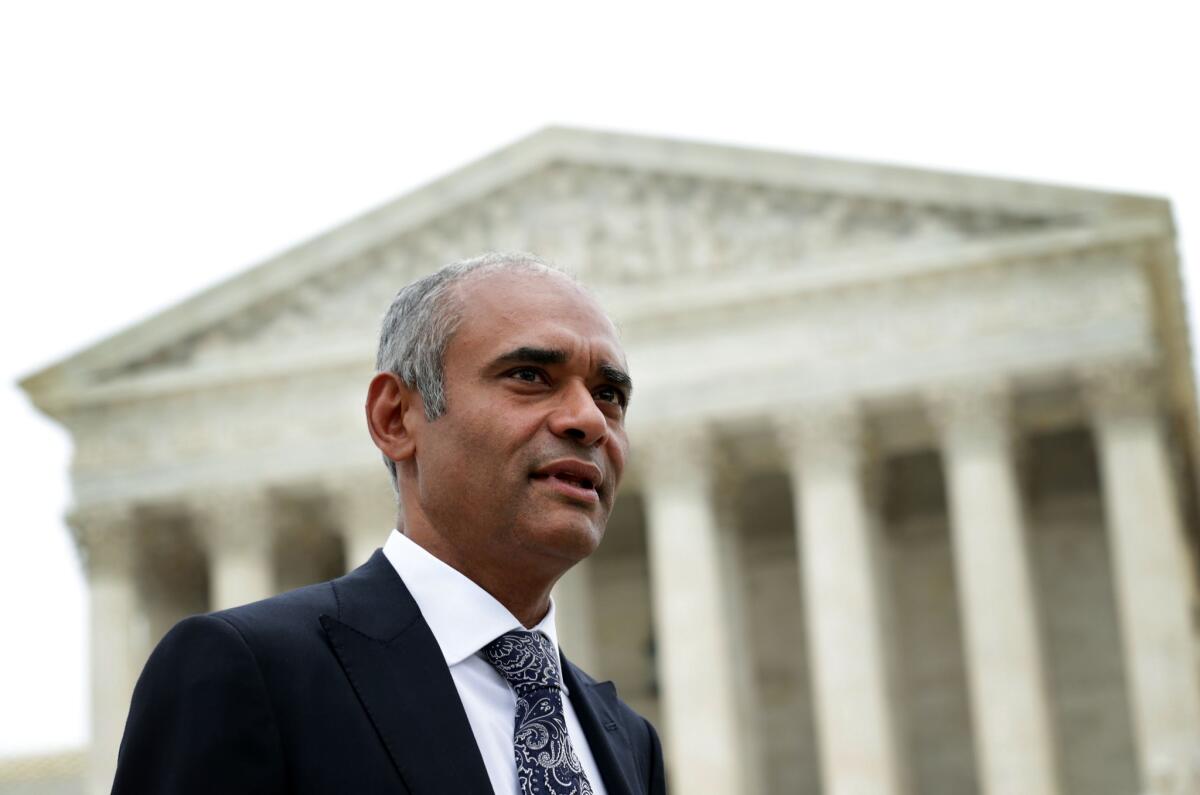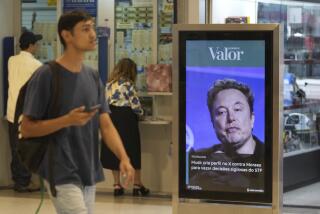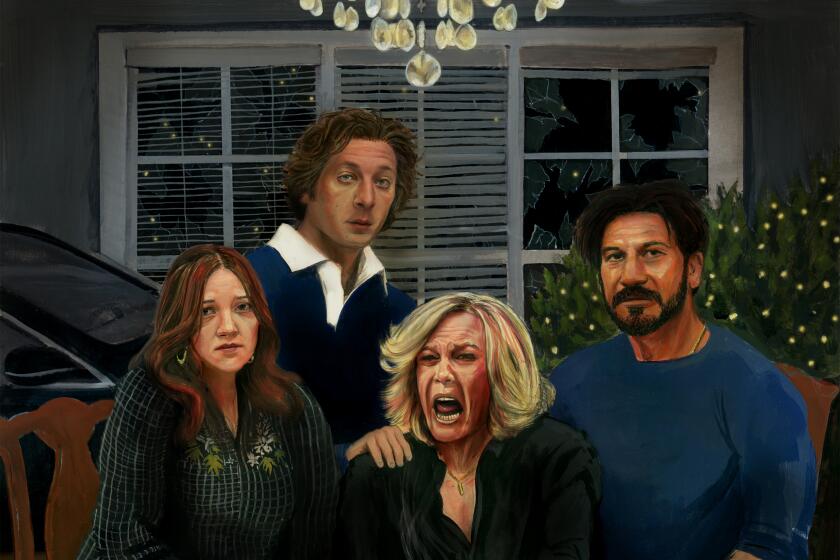Aereo loses Supreme Court case against TV broadcasters

The Supreme Court has ruled that Aereo, a start-up company that streams local TV signals to consumers over the Internet via remote antennas, violates the Copyright Act.
In a 6-3 decision, the Supreme Court dismissed Aereo’s argument that it was merely an antenna service and compared it to a cable system. Aereo, which is available in 11 markets, charges customers between $8 and $12 a month for its service, which includes a cloud-based digital video recorder.
“Aereo is not simply an equipment provider,” the ruling said. “Aereo sells a service that allows subscribers to watch television programs, many of which are copyrighted, virtually as they are being broadcast.”
The opinion was written by Justice Stephen G. Breyer and joined by Chief Justice John G. Roberts Jr. and Justices Anthony M. Kennedy, Ruth Bader Ginsburg, Sonia Sotomayor and Elena Kagan.
The ruling reverses a decision by the U.S. 2nd Circuit Court of Appeals that found Aereo to be a legal enterprise and not in violation of the Copyright Act.
Launched in 2012 and backed by media mogul Barry Diller, Aereo was seen as a threat to the revenue stream broadcasters get from pay-TV providers in return for carrying their signals.
In a joint statement, the broadcast networks said that “today’s decision is a victory for consumers. The court has sent a clear message that it will uphold the letter and spirit of the law just as Congress intended.”
Justice Antonin Scalia dissented along with Justices Clarence Thomas and Samuel A. Alito Jr.
In the dissenting opinion Scalia compared Aereo to a copy shop that rents copiers on a per-use basis.
“One customer might copy his 10-year-old’s drawings — a perfectly lawful thing to do — while another might duplicate a famous artist’s copyrighted photographs — a use clearly prohibited by [the Copyright Act]. Either way, the customer chooses the content and activates the copying function; the photocopier does nothing except in response to the customer’s commands. Because the shop plays no role in selecting the content, it cannot be held directly liable when a customer makes an infringing copy,” he wrote.
Aereo founder and Chief Executive Chet Kanojia has said in interviews that if the Supreme Court ruled against the service, it may have to go out of business.
Follow Joe Flint on Twitter @JBFlint.
More to Read
From the Oscars to the Emmys.
Get the Envelope newsletter for exclusive awards season coverage, behind-the-scenes stories from the Envelope podcast and columnist Glenn Whipp’s must-read analysis.
You may occasionally receive promotional content from the Los Angeles Times.








